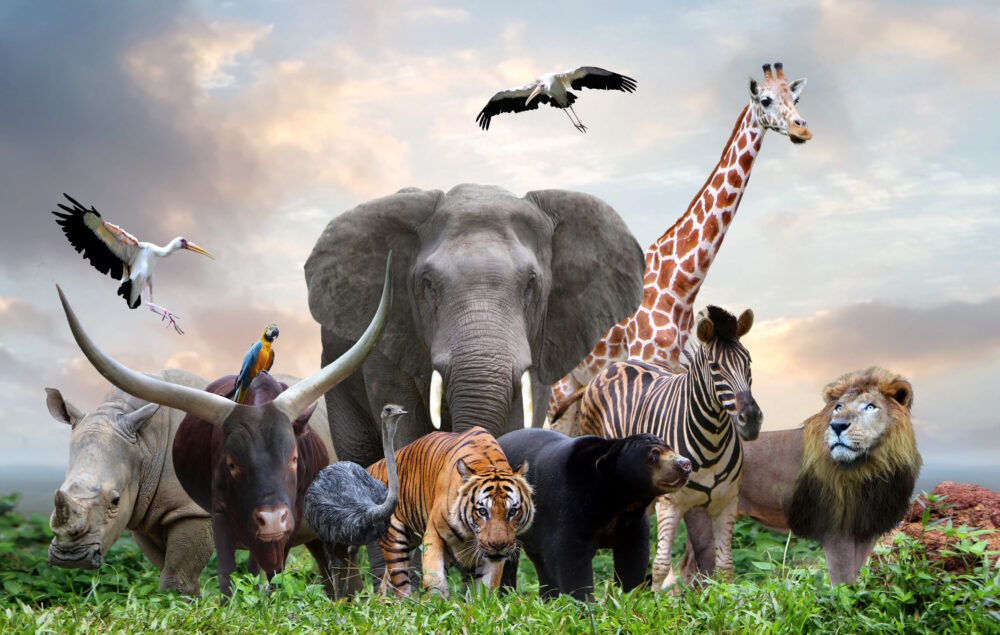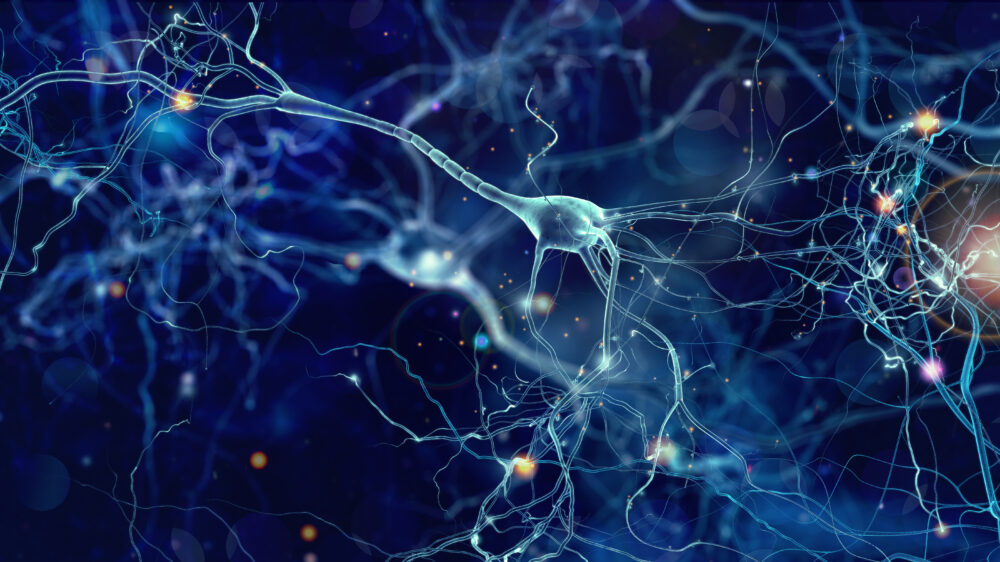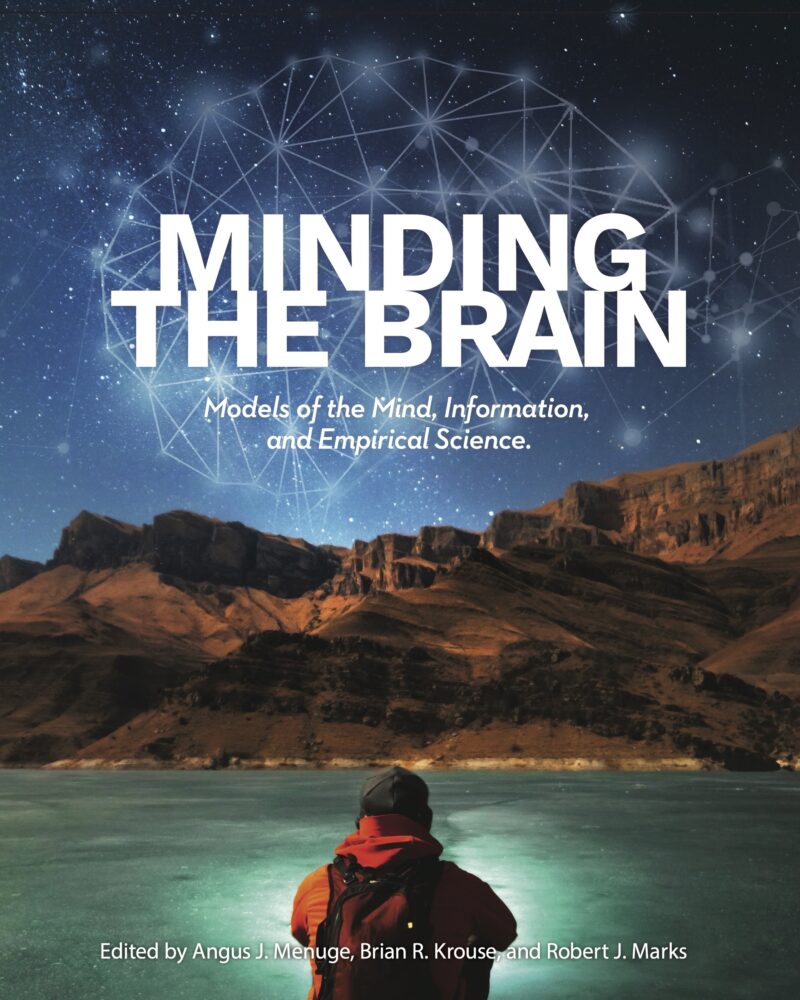Brian Krouse is a software engineer with research interests in the philosophy of mind, computer science, and neuroscience. Krouse has a bachelor’s degree in physics from Whitman College, a master’s in computer science with a focus on artificial intelligence from Arizona State University, and a master’s in applied mathematics with a focus on computational neuroscience from the University of Washington. He was an early employee at GoDaddy (from 1997 through 2013), the domain name registration and hosting company, and spent most of his employ there in software development and management positions, culminating in Vice President of Hosting Development.














